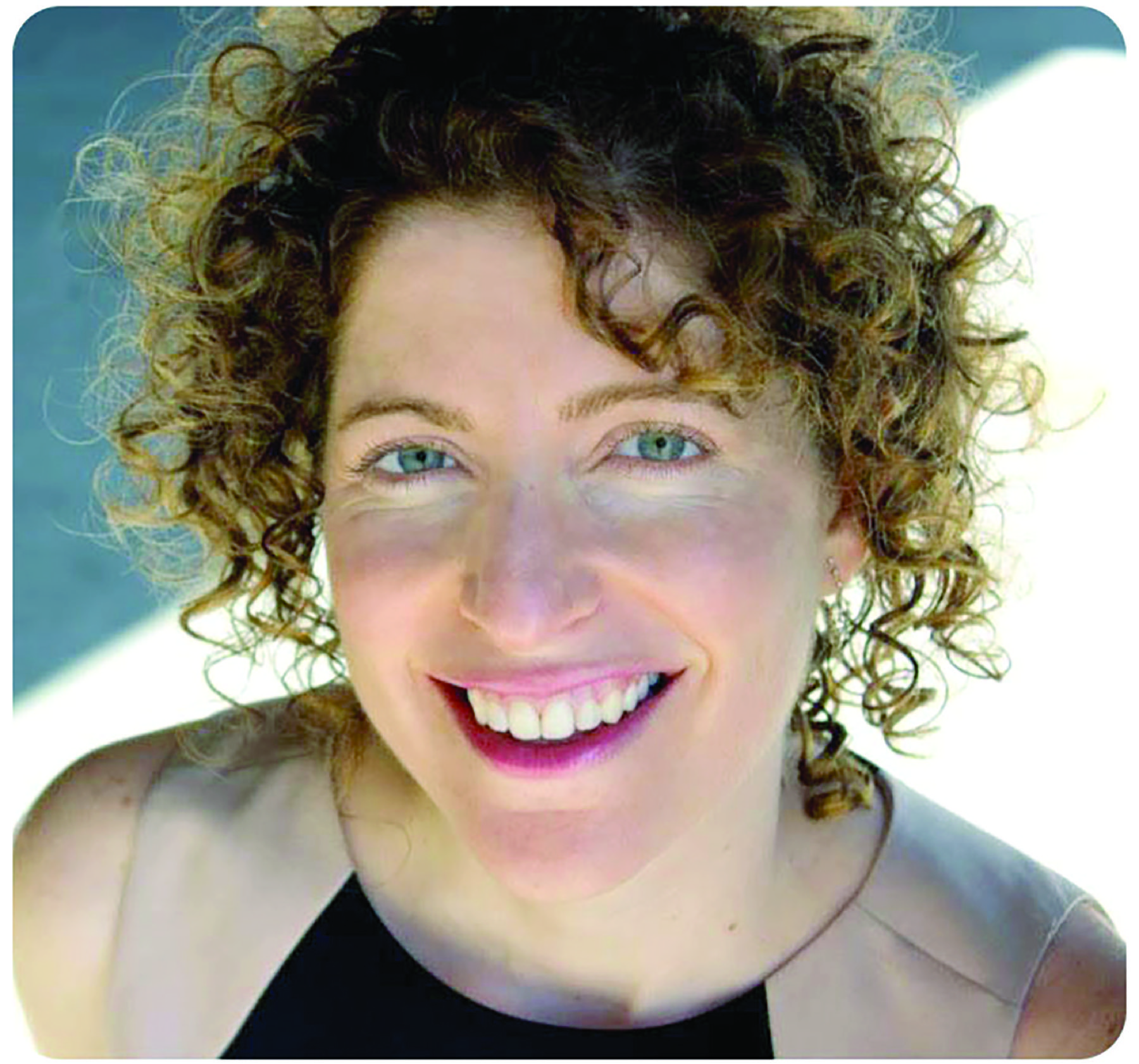
Alyson Solomon calls herself the “Courage Coach,” and her website offers “guided consultations that reconnect individuals with purpose, cause and inspiration.”
Originally from Portland, Ore., Solomon spent time in Los Angeles, but she’s not just another new-age type. She’s also a rabbi, who received her ordination from the Hebrew College Rabbinical School in Boston in 2009.
Today, Solomon, 40, is the associate rabbi at Beth Israel of San Diego. She landed there after serving congregations and communities in Santa Barbara, Beverly Hills, Venice Beach and Cape Town, South Africa. She also previously served as the vice president of The Jewish Federation of Greater Los Angeles.
Along with her rabbi duties, Solomon’s courage coaching promises to help people — whether they are “about to climb a mountain, bury a friend, write a novel or have a baby.”
Jewish Journal: What set you on the spiritual path?
Alyson Solomon: I grew up in a very creative, Reform household in Portland. It wasn’t the most Jewish place. But I remember my grandparents’ pride in just being Jews. The learning came because there were so many things I wanted to know. I went to this really impactful 26-day Brandeis-Bardin Institute program (Brandeis Collegiate Institute in Simi Valley) to immerse myself in Jewish life. I encountered some amazing teachers and rabbis, and I realized that Judaism is so much more than just the family and community traditions. There’s a whole canon of learning, literacy, arts and culture. So, after trying to avoid it for a long time and running from it, it just kept finding me.
JJ: You worked as a “street rabbi.” What was that?
AS: I helped write a $20 million business plan to engage young Jews in Los Angeles, called NuRoots. Being a street rabbi was one tiny component of that plan. So, while I was doing work for the Jewish Federation, I hung around in Venice, doing community building with young Jews there and in Santa Monica — really just wandering around talking to people I’d meet on the street who had hints of Jewishness about them — and I’d explore with them what it meant to them. A big part of rabbi-ing to me is always being connected to the street, to reality, to social justice issues. So, it was basically an opportunity to build community where people are.
JJ: You are a certified yoga instructor. Were you initially going to teach yoga professionally?
AS: It’s a tool I bring in that helps me stay grounded. I’ve done yoga, dance, all kinds of movement my whole life. I taught Shabbat Yoga at a local yoga studio in Santa Barbara during my first pulpit. Here, in San Diego, we have a local yoga prayer minyan called Shvitz on Friday mornings. It’s about really getting into our bodies to pray. There’s an ancient tradition that prior to prayer the sages would sit for an hour together to develop a distilled mind. I think prayer and mindfulness have always been an important part of deep listening. So, I’m all for whatever it takes for people to slow down, turn inward and prepare to receive. You know, people think that prayer is one of those elusive things where they just show up and it happens. But it’s really a muscle like anything else. It has to be trained, cultivated, nourished, loved and hated. It’s complicated.
JJ: Do you feel there are unique challenges facing women who want to become rabbis?
AS: Right now, liberal rabbinical schools are roughly 50-50 men and women. But there are still distinct challenges for the women rabbis, including the patterns of what people are used to and comfortable with: pay differentials, expectations. We’ve been very blessed and have had some amazing trailblazers, but we’ve got a long way to go.
“A big part of rabbi-ing to me is always being connected to the street, to reality.”
JJ: What books have been especially meaningful to you?
AS: “Becoming Wise: An Inquiry into the Mystery and Art of Living,” by Krista Tippett; “This Is Real and You Are Completely Unprepared: The Days of Awe as a Journey of Transformation,” by Rabbi Alan Lew; “These Are the Words: A Vocabulary of Jewish Spiritual Life,” by Rabbi Arthur Green; and “How to Run a Traditional Jewish Household,” by Blu Greenberg.
JJ: Do you have a philosophy that guides your own life?
AS: My philosophy is more of a spiritual practice than an idea or motto. To me, spirituality is asking questions that matter and then living courageously in line with what I hear. I believe that to really live at full capacity with the volume turned up is what the world needs most. It’s a daily project to step it up as a soul and to connect my soul to souls around me and to the soul of the universe. I’m bumbling along like everybody, but because I keep learning I keep wanting to teach.
JJ: How do you know if you’re living with the volume turned up?
AS: That’s where spirit steps in. It’s like how Martha Graham describes dance — it is when you’re no longer dancing the dance, but the dance is dancing you. That’s when we know. That’s when we become a pure channel or conduit. And it’s easy. There’s joy and juice there. In the business world it’s called the flow. In athletic terms it’s the zone. It’s not a lofty thing. It’s deep productivity, accountability and integrity. These are spiritual power tools.
Rabbi Solomon serves as Associate Rabbi at Beth Israel in San Diego. Visit her there at cbisd.org or better yet, in person.
Mark Miller is a humorist and stand-up comic who has written for various sitcoms.




















 More news and opinions than at a Shabbat dinner, right in your inbox.
More news and opinions than at a Shabbat dinner, right in your inbox.